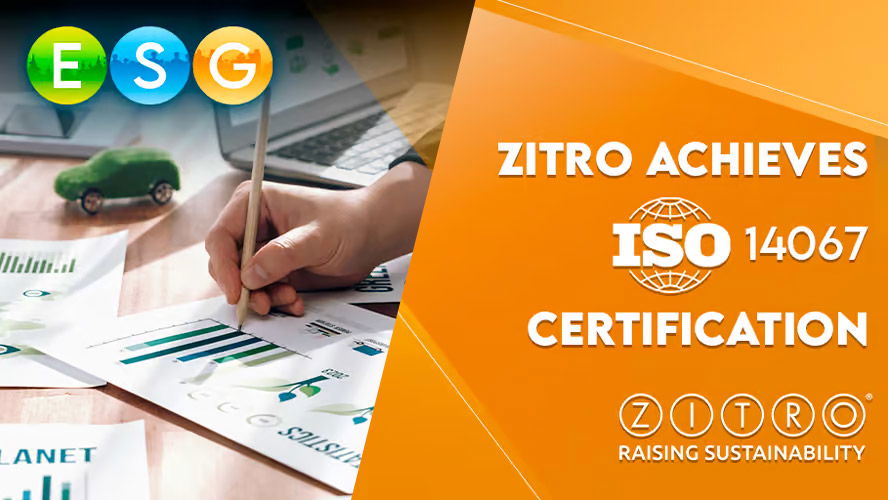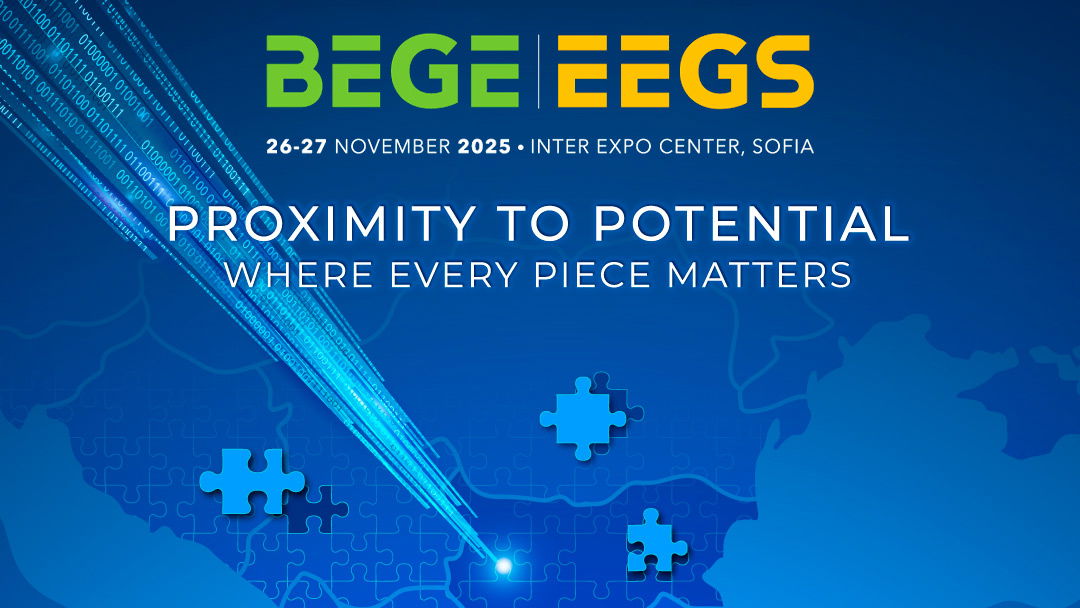European Lotteries reports its 2020 contributions to society reach $18.2 billion

As the world faced one of the biggest health, economic and social crises in modern history, national lotteries saw partial and even full closures of their retail networks, and had to take priority actions to protect their players, retailers and other partners, as well as their own employees.
However, despite the pandemic, and according to a new report issued Friday by the European Lotteries (EL), they upheld their historic support to society in times of need. 2020 saw new and innovative ways to support communities and the money contributed to society by 47 European Lotteries members in the EU amounted to €14.2 billion ($16.2 billion). The funds were destined to sports, funds for good causes and taxes for treasury. The contribution to society by all EL Members reporting the category (65 in total) amounted to €16 billion ($18.2 billion), which means that 52% of the GGR generated by EL Members went back to society in their respective countries.
EL is the largest European trade body of national lotteries operating games of chance, including sports betting, representing more than 40 European countries – with around 50 members in all EU member states and a total of over 70 members.
The largest EU member states, where the amounts provided by EL Members to society exceeded €2 billion ($2.28 billion) were France with €3.2 billion ($3.6 billion) , Germany with €3.1 billion ($3.5 billion) and Spain with €2.5 billion ($2.85 billion). The average amount that EL Members in the EU paid back to society was €32 ($36.52) per capita in 2020 across the 27 EU member states that reported.
In addition to financial contributions, national lotteries increased efforts also in non-financial ways, for instance the provision of medical supplies to hospitals, food deliveries to the most vulnerable, health awareness campaigns and the support of employees and retail network partners.
“EL Members continued to fulfill their core values of responsibility, sustainability and integrity by supporting local communities in all ways possible”, the European Lotteries stated in a press release.
Arjan van’t Veer, EL Secretary General, expressed: “There is no doubt that COVID-19 had an impact on the lottery sector with differentiating effects of the lockdowns on the game verticals in the various jurisdictions. Yet national lotteries found innovative solutions to continue regulated services to their players. The online channel was further developed as a safe alternative, and campaign strategies were adapted to consider the 'new normal' and provide increased support to impacted communities across Europe''.
After multiple years of continuous growth, the impact of COVID-19 did result in the total GGR decrease of 14.8% compared with 2019 (based on 67 reporting EL Members). Yet, reporting on the specific gaming activities, the online sector did see strong growth with all EL Members (51 reported the category) generating online GGR of €3.6 billion ($4.1 billion), representing 11.7% of total GGR in 2020 and a 25.7% year-over-year increase. The shift to online was also accompanied by speeded up technical and product innovations and the opening of new product verticals by EL Members.
Another important contribution of EL Members was to employment in their respective countries. In 2020, the 46 EL Members operating in the EU directly employed 42,206 full-time employees, while all 65 reporting EL Members were employing 47,727 full-time employees.
Responsible gaming activities are also an integral part of the EL Members' business. In 2020, EL Members continued to emphasize measures to prevent problem gambling, as during the 2020 General Assembly, they approved mandatory Responsible Gaming Certification mandatory for all Members.
Václav Štěpán, Executive Chair of the EL Data & Research Working Group, said: ''The latest data collected by EL takes in account the non-standard and unprecedented circumstances of 2020, the first time that the lottery sector has been hit by a global pandemic. The collaboration and knowledge sharing among EL Members, intensified during the COVID-19 impact period, is the big strength of The European Lotteries Association membership."

















































